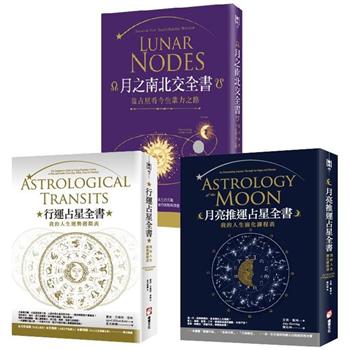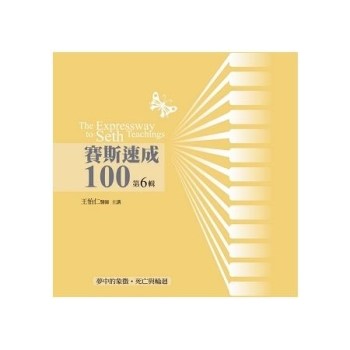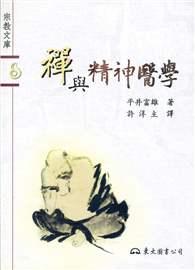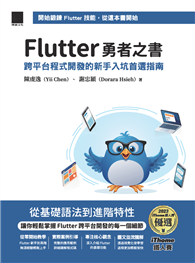The book systematizes the materiality concept, which has been fragmented in various fields of business administration and sometimes identified with interpretive postmodern business administration, along with the meta-theories discussed in the humanities and social sciences that aim to overcome humanistic dualism. This book is devoted to developing the concept of materiality as the theoretical frontier that has not been fully addressed in management studies, ranging from daily work practices in office spaces to the manualization of high-tech aircraft maintenance, to quantified personnel evaluations and fuel efficiency standards, to innovation using advanced scientific equipment.
Institutional organization theory focuses on the material on which the symbolism of institutions is inscribed. Organizational routine research seeks to unravel the material dimension of organizational performative practices. Organizational wrongdoing research critiques material measurement practice based on social constructionism. Critical management studies focus on the material space as a way to counter the humanistic concept of time. Science-based innovation challenges sociomaterialistic science practices that originate from devices for management of technology (MOT) that have not been able to penetrate into the workings of science and technology, actually. Up-and-coming researchers in Japanese management studies conduct empirical research that draws out the implications of the concept of materiality.












